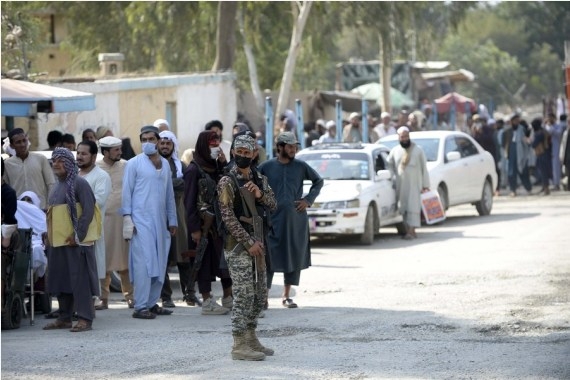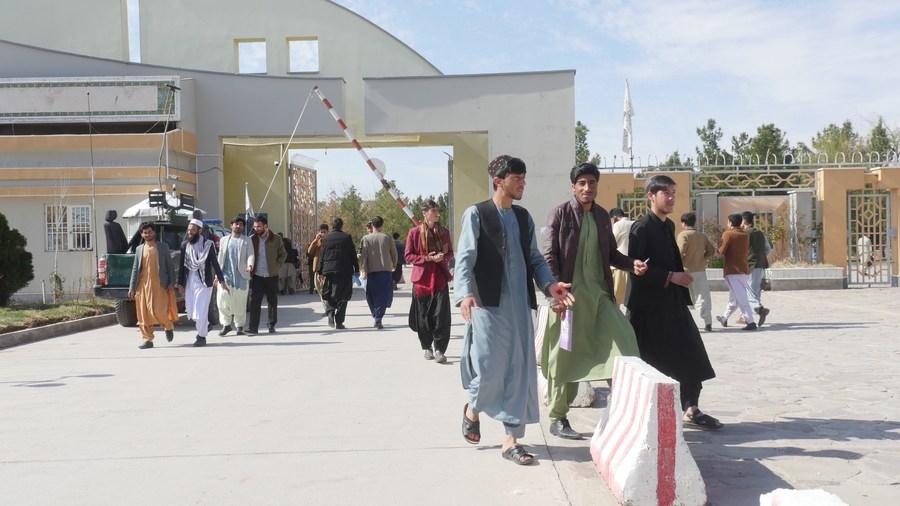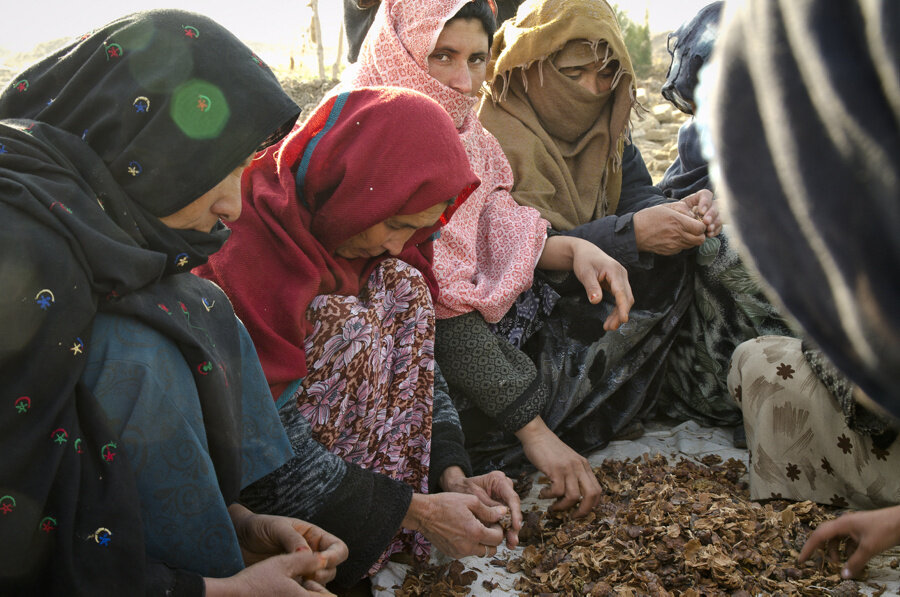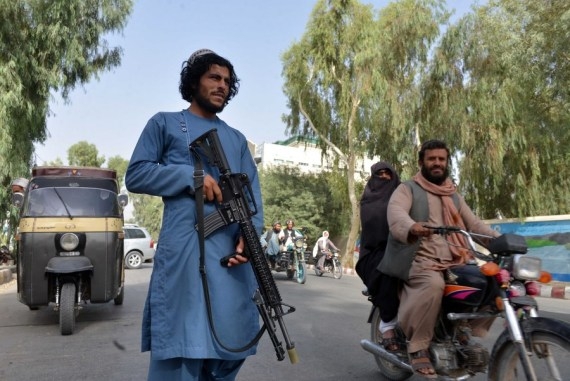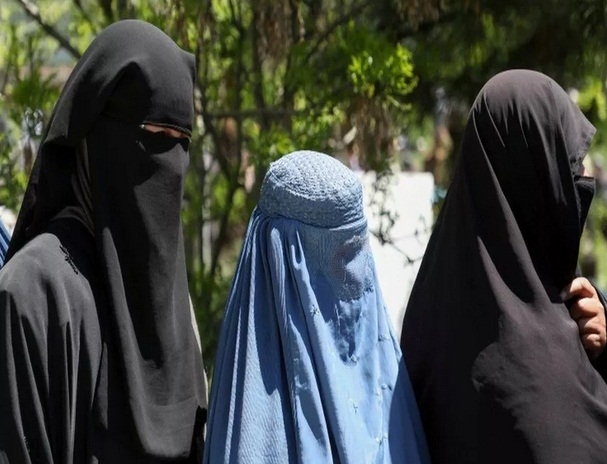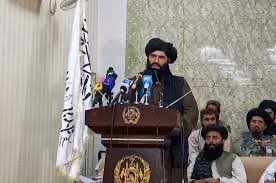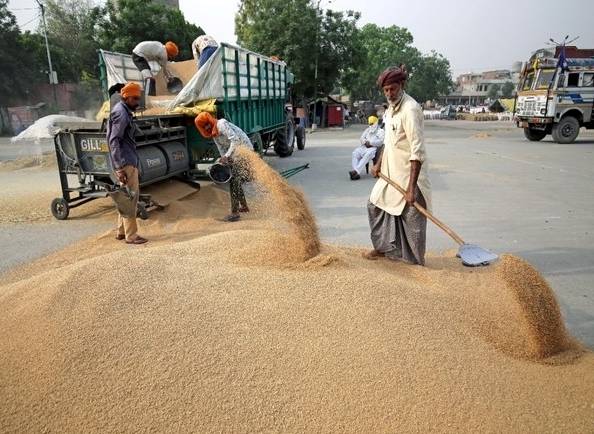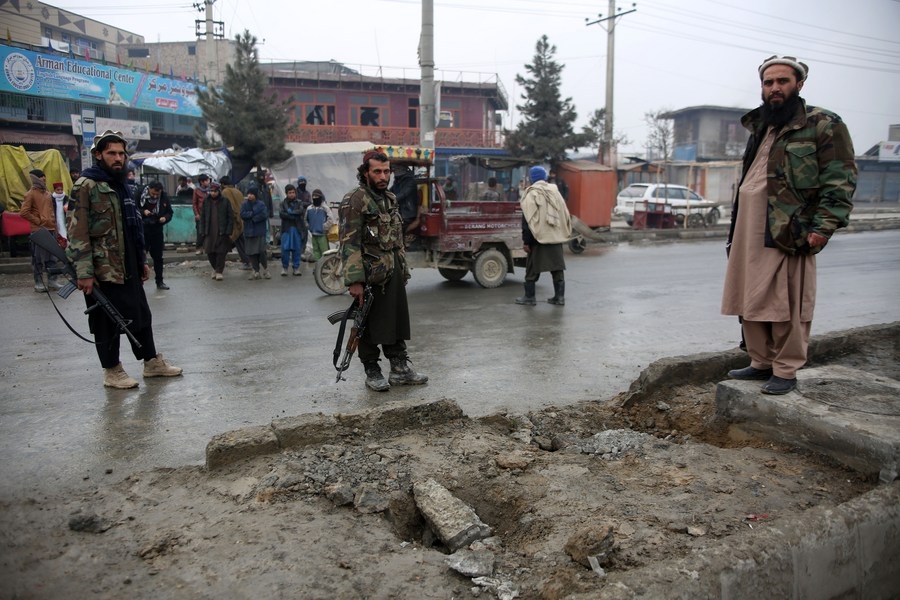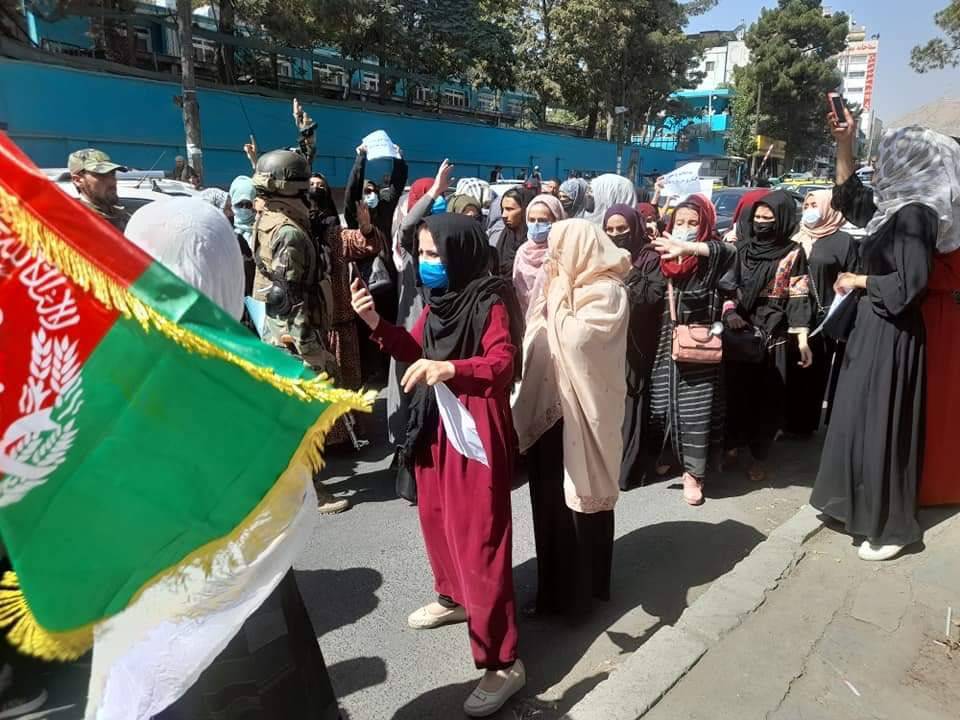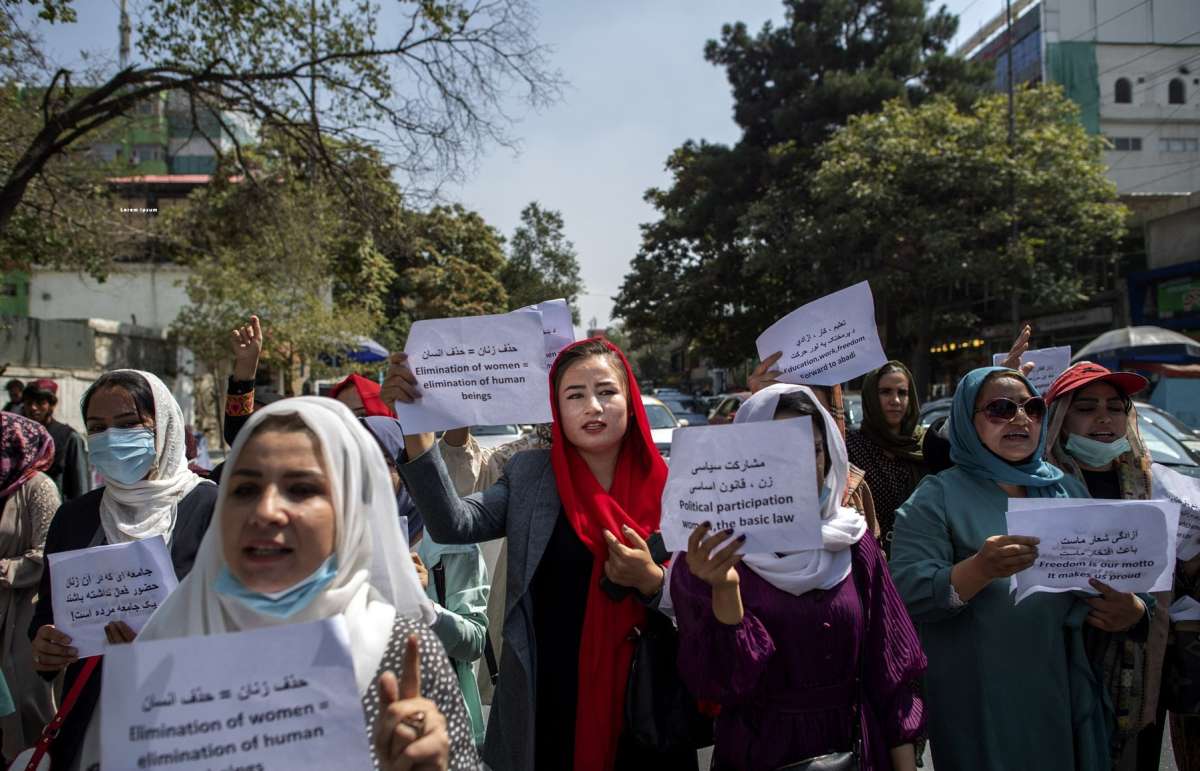The Taliban promised to reopen all schools on March 23, 2022, but on that day they once more closed secondary institutions for girls…reports Asian Lite News
Despite the Taliban being in power, an Afghan entrepreneur has brought a fresh wave of change in the country by helping young girls receive education in diverse subjects, Khaama Press reported.
The 43-year-old female entrepreneur, who before the Taliban takeover used to run a restaurant in Kabul is now teaching girls under ‘secrecy’. She opted to stay in Afghanistan and offer a safety net to certain Afghan women who had nowhere else to go rather than leaving the nation.
“I felt as though an earthquake had struck and taken everything away from me,” Khaama Press quoted the female entrepreneur as saying. Taj Begum restaurant was closed as the Taliban did not allow women to run such businesses. But leaving with the thousands of others fearing a return to the Taliban’s brutal rule of the 1990s was not an option for the trailblazer.
“Half of society has been wiped out from the face of the earth. As a woman, I have taken it upon myself to act not only for my own benefit but for the benefit of all women,” she said according to the Afghan news agency.
The Afghan businesswoman established the Mother Educational Center following the shift in government (MEC). The institution offers 500 girls the chance to get instruction in a variety of areas, including maths, physics, painting, photography, jewellery creation, and the English language, Khaama Press reported.
After the fall of the Ashraf Ghani government and the Taliban taking over Kabul, the country’s females are the worst sufferers. Females in the country are prohibited from leadership posts and are not allowed to travel unless accompanied by a male companion.
The Taliban promised to reopen all schools on March 23, 2022, but on that day they once more closed secondary institutions for girls.
There is still no word on when or if these schools will reopen or if the ban is indefinite.
According to the Taliban, women’s rights are an internal issue in Afghanistan and foreign countries should not interfere.
“They should understand their responsibilities regarding Afghanistan. They impose their sanctions on the people of Afghanistan, on these women. They have frozen the money and don’t allow improvement,” said Islamic Emirate’s spokesman Zabiullah Mujahid. (ANI)
‘Schools to allow girls back after formalising new curriculum’
Girls will be allowed back into schools in Afghanistan once work on a new curriculum that is being developed is finished, the head of the security department in Parwan, Azizullah Omar, told TOLOnews
“There is no problem with the start of schooling. There is only a problem with the curriculum. And therefore a committee has been formed for its reform. After confirmation of the clerics, the schools will begin,” he said. This comes as female students expressed concerns, saying that the closure of schools has affected morale.
“I am absolutely hopeless about life. We hoped the schools would be reopened in the new educational year,” said Zuhal, a student.
“We ask the Islamic Emirate to reopen the doors of schools for us,” Mursal, a student was cited as saying by the publication.
Girls and women were recently barred from attending their universities. They have been urging the interim government to reopen universities for them, TOLONews reported.
“We had our eyes on the reopening of our universities and thus we would be allowed to go to universities,” said Husna Behzad, a student.
The ban on female schooling was met with condemnation both from inside Afghanistan as well as from the international community.
Families in Afghanistan called on the Taliban yet again to open schools for girls in grades 7 to 12 as they are worried about the future of their daughters in the country under the regime of the organisation, TOLOnews reported.
This comes as schools in Afghanistan reopened for the academic year, however, the female students in the country are still denied their basic right to attain education.
Since the Taliban took control of Afghanistan, schooling above grade six for them has been closed. Later in December last year, girls and women were barred from going to universities and working with NGOs.
In a statement given to TOLOnews, families lamented over the ongoing situation in the country and said that the cruel decision of the de facto authorities has put the future of their daughters at stake. “I have four grandchildren who did not attend school and are now staying with me.They should decide whether or not to attend school,” Kabul resident Abdul Jalil said.
Another resident, Raziq said, “I have two daughters. One of them is in grade 8 and another one is in grade 10. We are calling on the Islamic Emirate to allow them to go to their schools.
“This comes as female pupils have also expressed sadness over their schools closing. Zainab, a student, stated, “We urge the Islamic Emirate to reopen the schools for us so that we can finish our education,” according to TOLOnews.
“We request the current government to reopen the doors of the schools for us in the coming year,” a student said.
Furthermore, the closure of schools for females in Afghanistan has affected the stationery vendors heavily. They claimed that the closure of schools for female students had an impact on their industry.
“It has had an 80 per cent impact on us. As good as the market was before, it is not anymore,” TOLOnews quoted Rafiullah, a stationary seller as saying.
Although the interim administration insisted that the ban on girls’ education was temporary and that they would permit it once the environment was appropriate, more than one and a half years have passed since then. However, the environment is still unsuitable for girls attending universities and schools.
The previous year, on September 18, the high schools in Afghanistan opened their gates to boys whereas girls were ordered to stay at home by the Taliban.
Taliban has imposed draconian restrictions on the rights to freedom of expression, association, assembly and movement for women and girls.
The Taliban’s decision to ban female students above grade six from going to school has drawn widespread criticism at the national and international levels.
Further, the Taliban regime which took over Kabul in August last year has curtailed women’s rights and freedoms, with women largely excluded from the workforce due to the economic crisis and restrictions. (ANI)
ALSO READ–US stands with women in Iran, Afghanistan, says Biden
